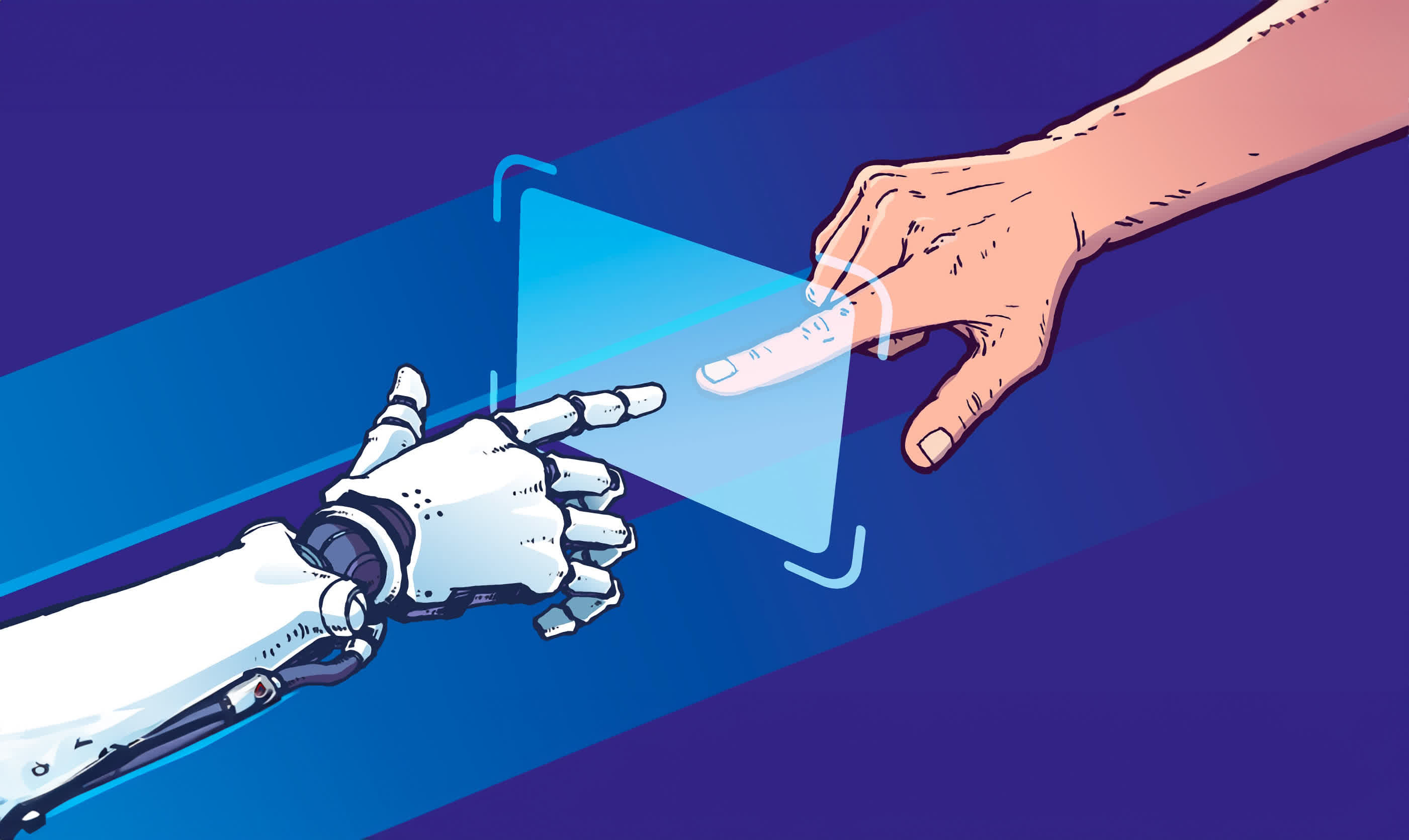You could be forgiven for thinking developers and software engineers are immune to job market volatility. After all, the recent spate of tech layoffs around the world largely concerned tech workers in non-technical fields, and coders represent just 20% of all tech layoffs that have taken place in 2023 so far.
However in recent months, the focus is shifting away from external economic factors including recession and inflation, and towards generative AI and the threat it poses.
Fear of the unknown?
Hailed as this generation's Industrial Revolution, the advent of ChatGPT has left many workers fearful of automation, notably former Google employee Dr Geoffrey Hinton, aka the "godfather of AI", who cited the "scary" chatbots he helped create as one of the main reasons he was stepping down from his role with the tech giant. "I've come to the conclusion that the kind of intelligence we're developing is very different from the intelligence we have," Hinton has said.
"So it's as if you had 10,000 people and whenever one person learned something, everybody automatically knew it. And that's how these chatbots can know so much more than any one person."
On the ground, the warnings are equally stark with many tech professionals turning to online forums to voice their concerns. "Software engineering is a dying profession," warned an engineer at Microsoft in April in a post titled, "Face it, [the] golden age is over".
They added: "And since GPT is already great at writing its own prompts, you're up the creek without a paddle. Better save all your cash and RSUs for the next crypto bullrun and retire."
A separate poll that asked whether recent software engineering grads had a bright future to look forward to has, to date, received over 12,000 votes. Of these, 41.4% of voters said yes, 37% shared that they believe the industry and opportunities are the same, while 21.6% believe there are more opportunities and higher salaries available for those starting out.
But is this fear a legitimate cause for concern?
New opportunities
While a study from Goldman Sachs predicts that generative AI tools could impact as many as 300 million full-time jobs worldwide, and Accenture has revealed that 40% of all working hours could be impacted by generative AI tools, the World Economic Forum estimates that by 2025, AI will have created 97 million new jobs.
And instead of looking at AI as the enemy, software engineers can take the technological advances machine learning provides and use this to their advantage to write better and more accurate code faster.
Automation station
Amazon CodeWhisperer uses a large language model (LLM) trained on AWS services, technical documentation and open-source projects. Developers can write a comment describing the kind of code they would like it to generate. It also monitors your code as you are writing it, and provides suggestions.
Trained on natural language text, Copilot is driven by the OpenAI Codex language model and can write entire lines of code and assist in debugging and preventing data breaches.

Or why not try Tabnine. Compatible with some of the main programming languages including Python, Rust, Go, Java and Javascript, it uses a neural network to access open-source code and can help developers work faster by providing complete suggestions.
Alternative career pathway
An alternative career pathway is pivoting to an emerging sector that depends on AI, such as prompt engineering. Some of the most in-demand roles of the future look set to revolve around prompt engineering and current salaries in the U.S. start at $230,000 and go up to $335,000 so aligning your skill set with machine learning is one way to ensure career longevity.
For those with or without coding or developer experience, this Essential AI & ChatGPT bundle is suitable for beginners, while this more advanced Artificial Intelligence OpenAI Training Bundle, requires basic coding skills but delves into more topics like creating your own chatbot using Python and Django.
New jobs in AI
As the adage goes, if you can't beat them… And if a new opportunity is what you are looking for, the TechSpot Job Board is the perfect place to start your search. Free to access, participants learn how to use large language models, build custom chatbots and glean best practices for application development.
ShyftLabs is seeking a Prompt Engineer to develop, design, and maintain cutting-edge AI-based conversation systems, ensuring smooth and engaging user experiences.
Or if you want to hone your skills in machine learning in the meantime, NXP Semiconductors is hiring a Principal Machine Learning Engineer to work closely with the data scientists to provide guidance on refactoring advanced analytics solutions.
Similarly, Booz Allen Hamilton in Washington is looking for a Machine Learning Engineer to join its team to process data and information at a massive scale.
